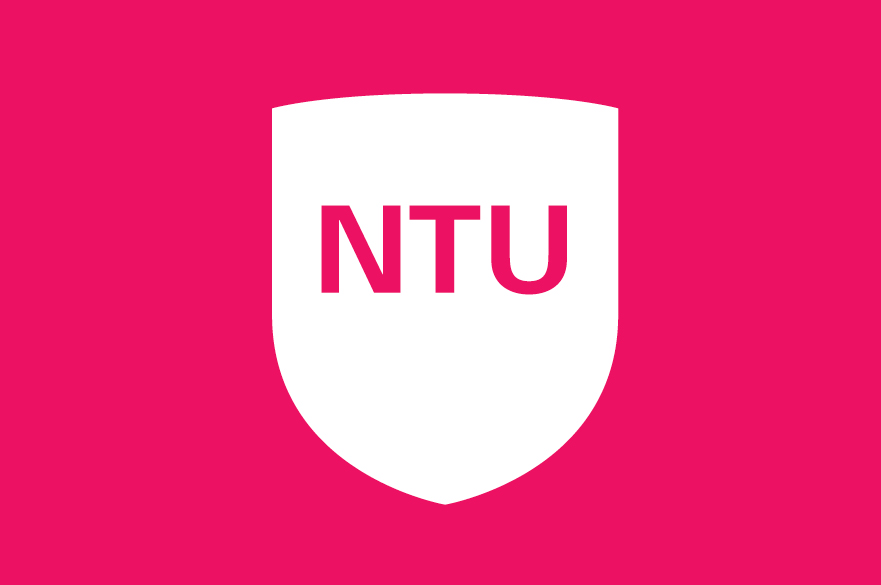Overview
Sustainable development, at its core, means ‘enough, for all, forever’ (Hopkins, 2009). However, despite the ambitious and inclusive global agenda set forth by the United Nations Sustainable Development Goals (SDGs), their implementation in low-income developing countries (LIDCs) has been problematic. This raises questions about whether achieving the "all" in this definition is truly feasible. Recent research indicates that efforts to address the SDGs in the Global South—particularly those related to environmental sustainability—often create unintended problems and exacerbate existing inequalities instead of resolving the targeted issues (Haslam, 2021; Siegel and Lima, 2020; Pye, 2019).
Although the SDGs aim to address pressing global challenges such as poverty, inequality, climate change, and environmental degradation, the realities of political instability, corruption, economic pressures, and resource constraints frequently undermine progress in LIDCs. These obstacles highlight the need for a better understanding of how these countries interpret, institutionalise, and prioritise the SDGs—and the socio-political/socio-economic/socio-cultural dynamics that shape these efforts.
This PhD research will focus on the emerging field of ‘SDG politics’ (Siegel and Lima, 2020), exploring the processes of contestation, adaptation, and prioritisation of SDG targets in the Global South. The study will explore how global objectives—such as Good Health and Well-being (Goal 3), Sustainable Cities and Communities (Goal 11), Climate Action (Goal 13), and Decent Work and Economic Growth (Goal 8)—are implemented in practice within LIDCs. Additionally, the research may analyse the unintended consequences of these efforts, particularly how they may amplify existing inequalities, injustices, and exploitation in local contexts.
This PhD offers candidates an opportunity to delve into a range of critical issues related to SDG implementation in LIDCs, such as:
- Socio-political/socio-economic/socio-cultural struggles to improve the environmental and social outcomes of low-tech manufacturing sectors (e.g., mining, leather, plastics, ship-breaking, and textile dyeing).
- Social and economic vulnerabilities linked to climate change: What are the localised risks, and how do they intersect with poverty and governance?
- The influence of local politics and circumstances: How do domestic factors shape or undermine efforts to meet SDG targets?
The research can employ one or two critical theoretical perspectives from the list below:
- Political Ecology: Emphasises that environmental problems are not merely technical or scientific challenges; they are deeply tied to the political, social, and economic circumstances in which they arise.
- Environmental Justice: Unequal distribution of environmental benefits and harms among populations.
- Environmental Poverty: Relationship between environmental degradation and economic disparities.
- Ecological Modernisation: Strategies to reconcile economic growth with environmental sustainability.
- Risk Society: Understanding how societies perceive and respond to global risks.
- Resource Curse (paradox of plenty): How resource exploitation intersects with social and political dynamics.
Nottingham Business School is triple crown accredited with EQUIS, AACSB and AMBA – the highest international benchmarks for business education. It has also been ranked by the Financial Times for its Executive Education programmes in 2023 and 2024. NBS is one of only 47 global business schools recognised as a PRME Champion, and held up as an exemplar by the United Nations of Principles of Responsible Management Education (PRME).
Its purpose is to provide research and education that combines academic excellence with positive impact on people, business and society. As a world leader in experiential learning and personalisation, joining NBS as a researcher is an opportunity to achieve your potential.
Applications for October 2025 intake closes on 1st July 2025 and applications for Jan 2026 intake closes on 1st October 2025.
Staff profiles
Entry qualifications
Candidates should hold a UK-equivalent master’s degree in social sciences, management, development studies, environmental studies, or any other relevant cognate discipline. They should demonstrate a passion for sustainability and global development and have skills to do qualitative research.
UK: Successful applicants for the PhD in Nottingham Business School normally hold a first or upper second-class honours degree from a UK university or an equivalent qualification. Candidates with a lower second-class degree may apply if they hold a Master’s degree at Merit level or higher.
International: Successful applicants for the PhD in Nottingham Business School normally hold a first or upper second-class honours degree from a UK university or an equivalent qualification. Candidates with a lower second-class degree may apply if they hold a Master’s degree at Merit level or higher.
International students will also need to meet the English language requirements - IELTS 6.5 (with minimum sub-scores of 6.0). Applicants who have taken a higher degree at a UK university are normally exempt from the English language requirements. Applicants who do not meet the English language proficiency requirement will normally be asked to complete an English Language course
How to apply
Applications for October 2025 intake closes on 1st July 2025 and applications for Jan 2026 intake closes on 1st October 2025. Please visit our how to apply page for a step-by-step guide and make an application.
Fees and funding
This is a self-funded PhD project for UK and International applicants.
Guidance and support
For more information about the NBS PhD Programme, including entry requirements and application process, please visit: https://www.ntu.ac.uk/course/nottingham-business-school/res/this-year/research-degrees-in-business
Nottingham Business School is triple crown accredited with EQUIS, AACSB and AMBA – the highest international benchmarks for business education. It has also been ranked by the Financial Times for its Executive Education programmes in 2023 and 2024. NBS is one of only 47 global business schools recognised as a PRME Champion, and held up as an exemplar by the United Nations of Principles of Responsible Management Education (PRME).
Its purpose is to provide research and education that combines academic excellence with positive impact on people, business and society. As a world leader in experiential learning and personalisation, joining NBS as a researcher is an opportunity to achieve your potential.
